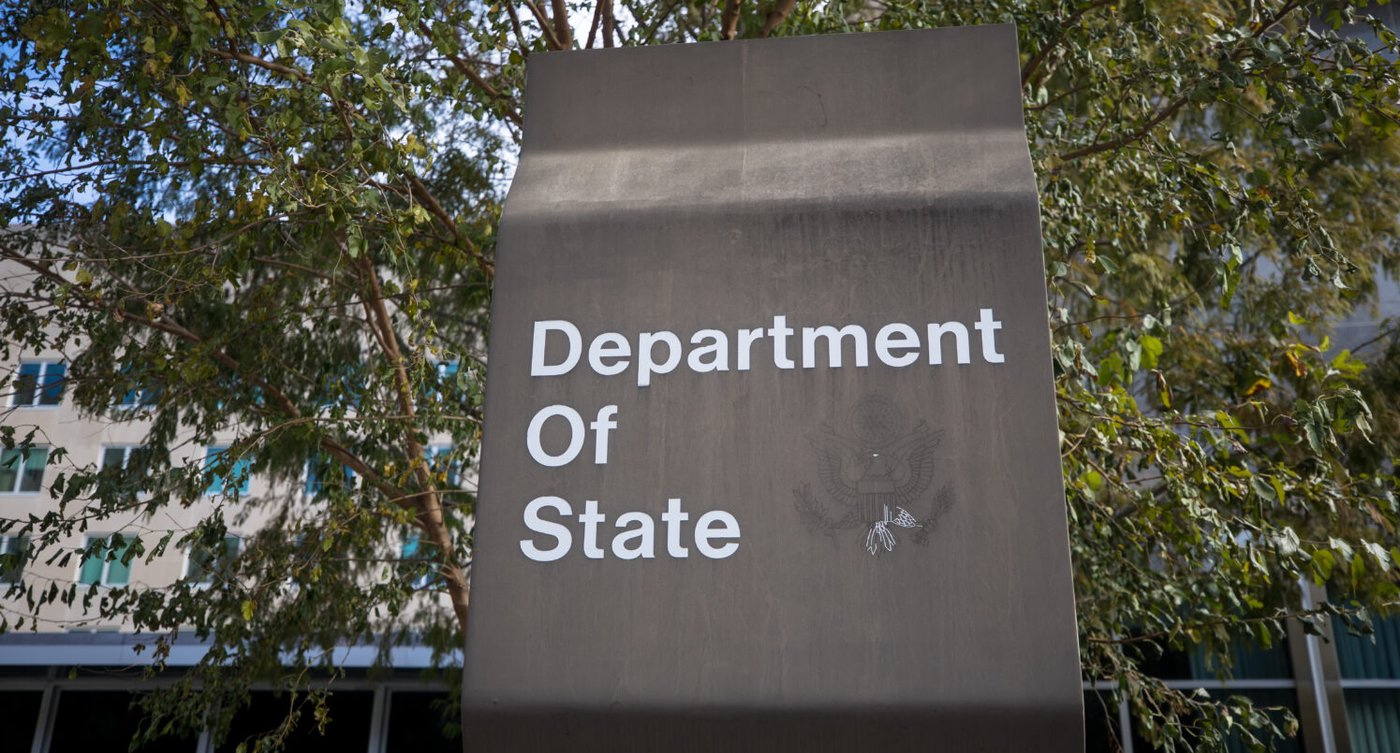
.svg)
The U.S. Department of State is rolling back its pandemic-era policy on visa interview waivers, meaning most nonimmigrant visa applicants, including those renewing H, L, F, M, J, and O-1 visas, will once again need to attend in-person interviews starting September 2, 2025.
Under the new policy, all applicants for U.S. nonimmigrant visas, including children under 14 and adults over 79, will generally be required to appear for a visa interview with a consular officer, unless they meet very specific exceptions.
Who is Still Eligible for an Interview Waiver?
Only a limited group of applicants will qualify for a waiver of the in-person interview requirement:
- Diplomatic and international organization staff: Applicants with A-1, A-2, C-3 (except attendants or personal employees), G-1 through G-4, and NATO-1 through NATO-6 visas.
- Diplomatic- or official-type visa applicants
- Certain renewing travelers: Applicants renewing a full-validity B-1, B-2, B1/B2 visa or a Mexican Border Crossing Card within 12 months of expiration may still be eligible for a waiver if they:
- Apply in their country of nationality or residence
- Were at least 18 years old when their prior visa was issued
- Have never been refused a visa (unless the refusal was overcome or waived)
- Have no apparent or potential ineligibility
Even if you’re eligible for a waiver, a consular officer may still require an in-person interview.
{{newsletter-component}}
What This Means for Applicants and Employers
The new policy ends interview waivers, and the widely used “Dropbox” renewal process, for nearly all nonimmigrant visa categories, including:
- H visas (temporary workers)
- L visas (intra-company transferees)
- F and M visas (students and vocational trainees)
- J visas (exchange visitors, including scholars, researchers, and au pairs)
This policy change affects both individual applicants and U.S. employers. For applicants, the end of the Dropbox program for most visa categories means they’ll now need to schedule and attend an in-person interview at a U.S. embassy or consulate, even for routine renewals. This will likely lead to longer wait times, added travel costs, and extended visa processing timelines. Children under 14 and adults over 79 are no longer broadly exempt and will also need to appear in person unless they qualify under one of the limited exceptions.
Employers will feel the impact too. International employees renewing H, L, F, M, or J visas may face delays returning to the U.S. if interview appointments are backlogged in their home countries. That could disrupt staffing plans, onboarding schedules, and global assignments. Businesses should expect added administrative work, from helping employees find appointment slots to adjusting internal timelines for visa renewals and international travel.
Programs that rely on students or exchange visitors, such as internships, research placements, or au pair arrangements, may also see disruption.
What to Do Now
If you’re planning to apply for a nonimmigrant visa:
- Check your eligibility: See if you qualify under the updated interview waiver rules.
- Apply before September 2 if you qualify for a waiver under the current policy.
- Monitor consulate websites: Each U.S. embassy or consulate may have slightly different procedures, appointment availability, and local guidelines.
For employers
- Review upcoming international travel or renewal plans: Identify employees who may need to renew visas while abroad and assess whether travel plans should be adjusted.
- Communicate early with employees: Let sponsored workers and international hires know about the interview waiver rollback and encourage them to check appointment availability well in advance.
- Update onboarding and assignment timelines: Build in buffer time for visa renewals and potential interview-related delays, especially for employees in H, L, F, M, and J categories.
- Coordinate with legal counsel or immigration partners: Ensure your HR and legal teams are up-to-date on the new requirements and ready to support affected employees through the visa renewal process.
Boundless will continue monitoring updates and helping applicants and employers navigate changes to U.S. immigration policy.
{{cta-component-center-aligned}}
.png)
.png)
.png)









.svg)
.avif)